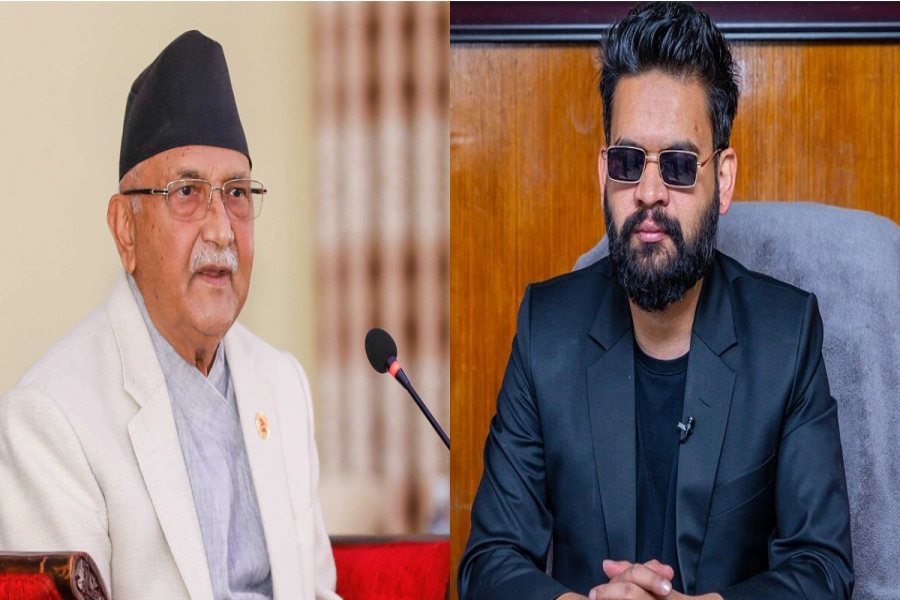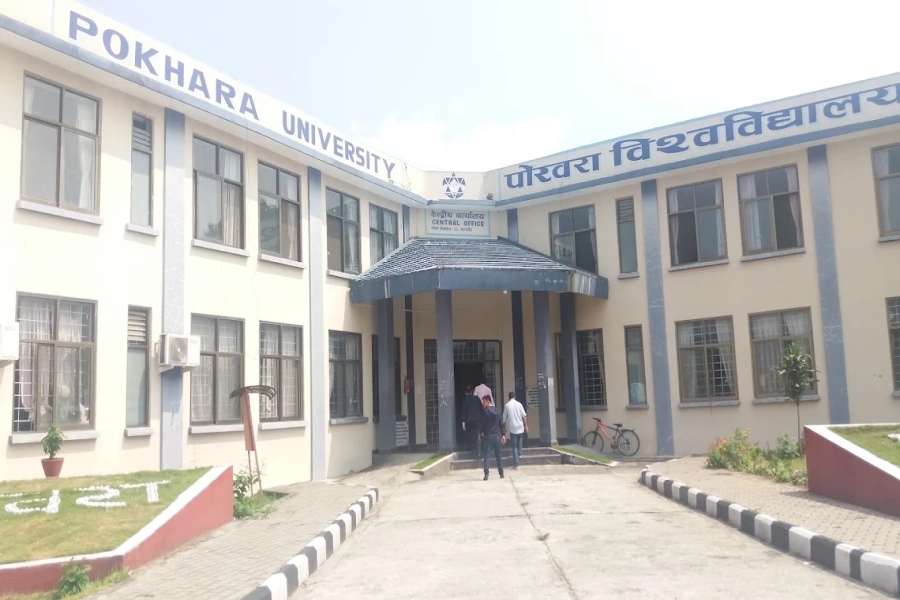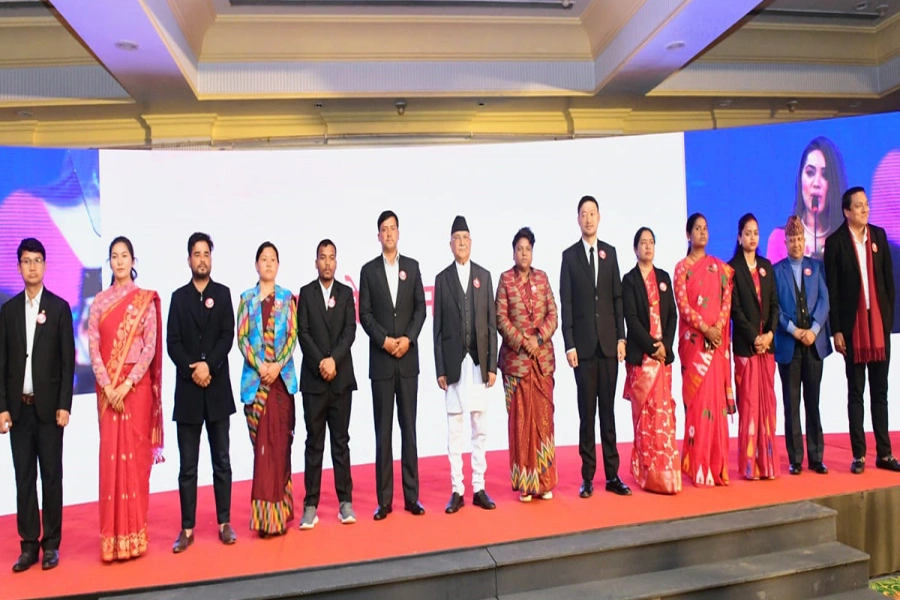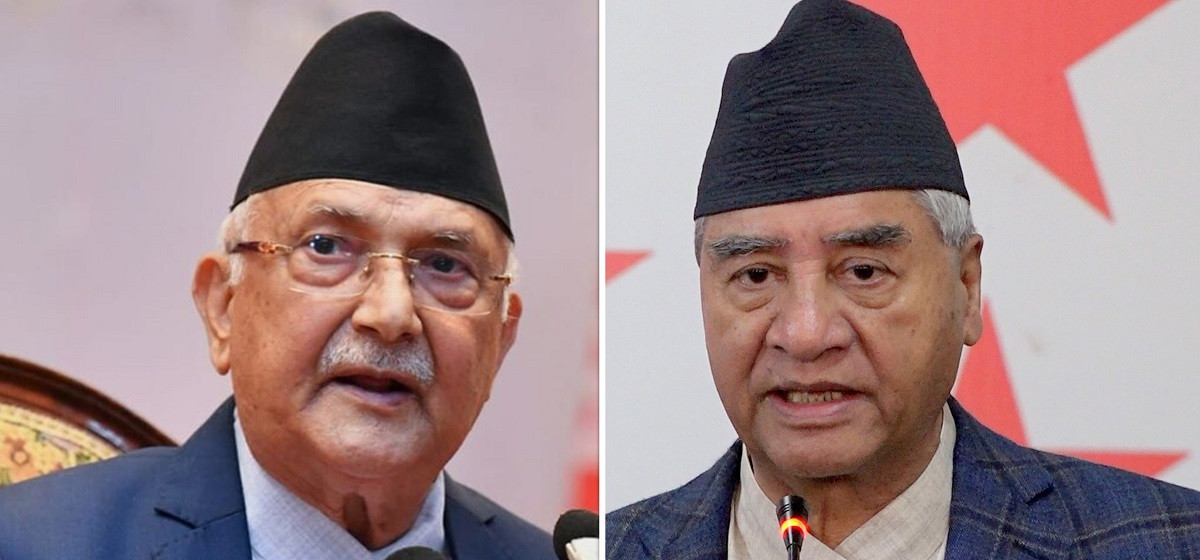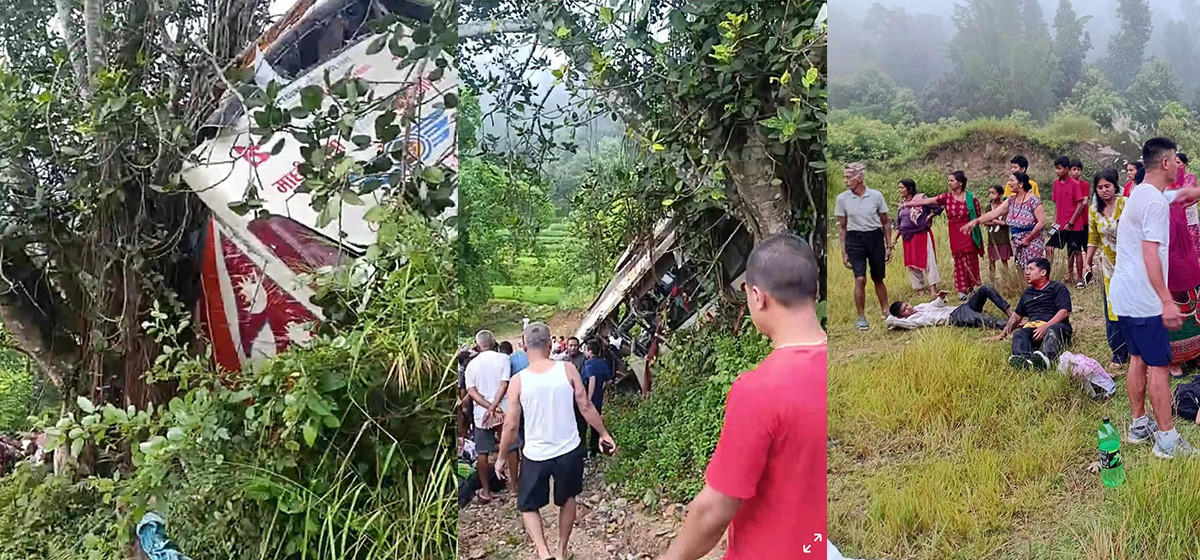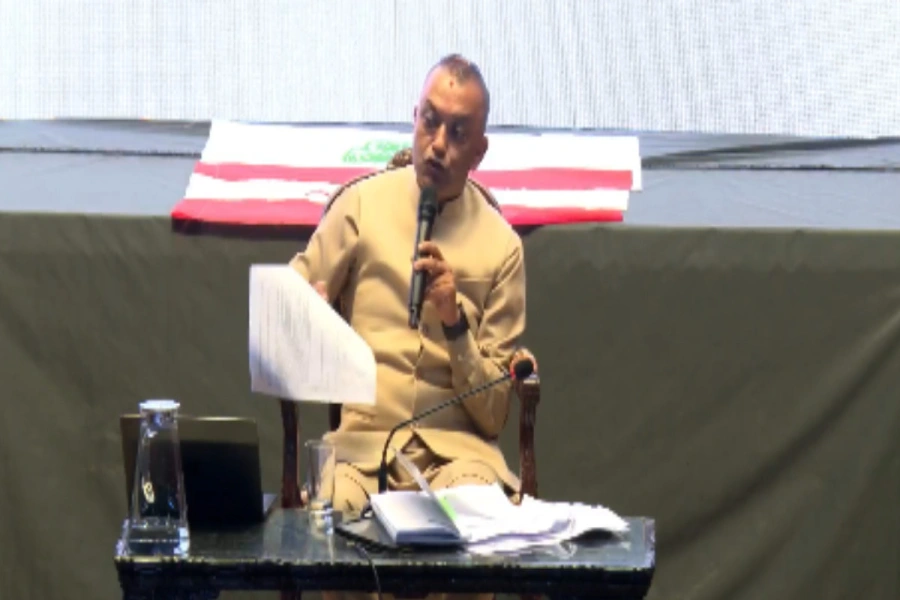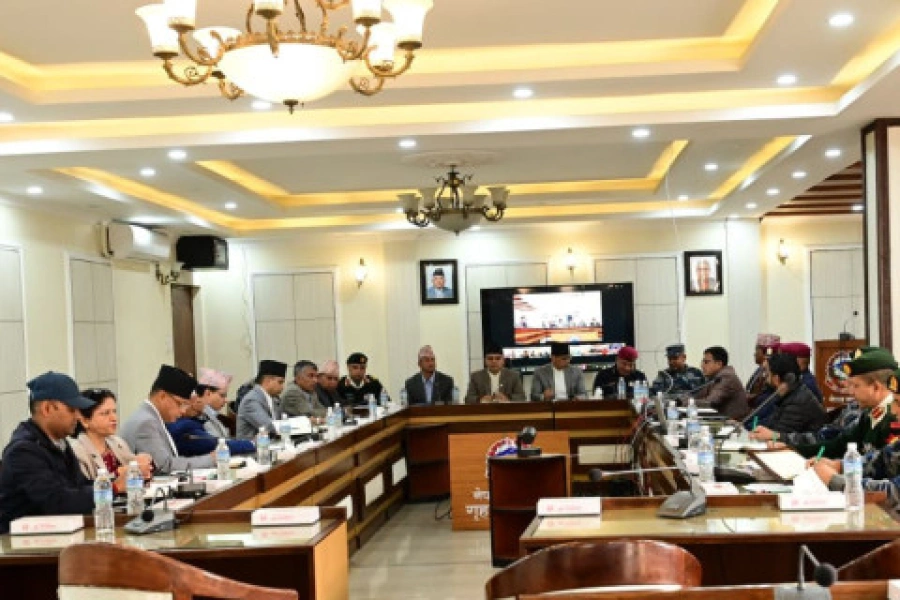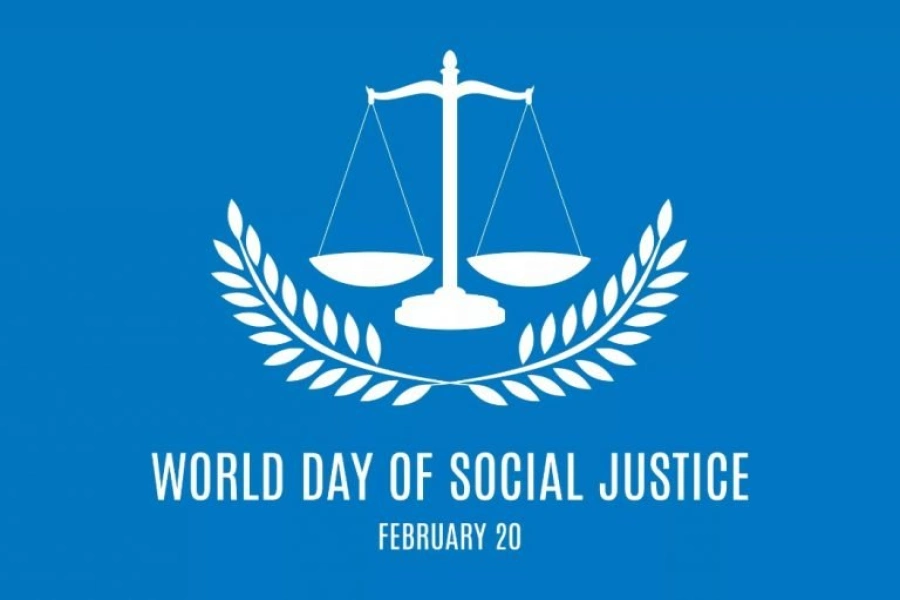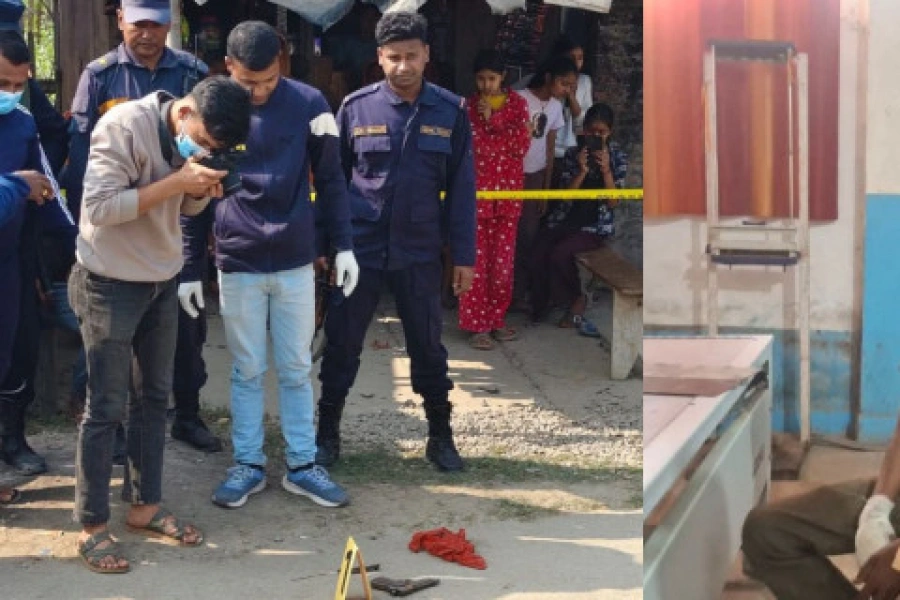Shortage of essential supplies
The country is already in two weeks of lockdown and we don’t know how long it will go. While the government is concentrating efforts (though inadequate and less effective in some cases) to combat the threat of COVID-19, including testing and tracing of the possible and suspected cases, it’s getting too late to address the adverse implications stemming from this, particularly shortage of essentials to carry on day-to-day life, which if ignored for too long, will become the matter of life and death for the people. Yes, people have forgone their livelihoods, abiding by the government’s request and also in the hope that the lockdown is in their best interests, but lives must be taken care of. People have begun to say: ‘We will die of hunger before the virus kills us. We are running out of foodstuffs and we have no money left to replenish it with new ones.’
Take Avian Influenza Seriously

Even those with decent incomes have been facing a hard time managing the crisis. For the most valley residents, the livelihood has been affected by the shortage of one basic essential: Cooking gas. Though the government has promised a smooth supply the shortage has not stopped. Part of the reason is hoarding. But again, if people had hoarded enough gas cylinders there would not be such crowds for obtaining half-filled cylinder of cooking gas. It was once said that government authorities in coordination with the ward offices would deliver cooking gas through mobile vans. This would have solved half of the problems and would have reassured the people their essential needs are being taken care of. It did not materialize. The government’s decision to discount the price of electricity by 20 percent in an effort to make people use electricity more is a welcome step. This would encourage people to switch to electricity for cooking purposes lessening the demand for cooking gas. But the problem is that electric cookers are almost nowhere to be found as all shops are closed. Neither are induction stoves available easily.
We have seen government handing over the basic stuff like rice, sugar, and lentils, among others, to the vulnerable population, which of course is what needs to be done. But that hasn’t sufficed to meet other most basic necessities. Government ministers say there must not be a shortage of LPG as there has been no shortfall in the imports. So, if the shortfall in the market is artificially created, why is it lax to regulate it? Since the government owns the monopoly of import of gas, it is also obligated to ensure the uniform distribution of the same. The government needs to clearly communicate the matters related to essential supplies including by mentioning where they can buy them and at which particular time. Reportedly, Kathmandu Metropolitan City is planning to sell fresh vegetables from 11 designated locations in the metropolis. The plan is to get the vegetable dealers operate temporary vegetable markets in different locations from early morning to eight o’clock. During the crisis times, authorities should keep exploring ways to ensure uninterrupted supplies of essential goods. It is time for them to prove they care.


_20220508065243.jpg)
